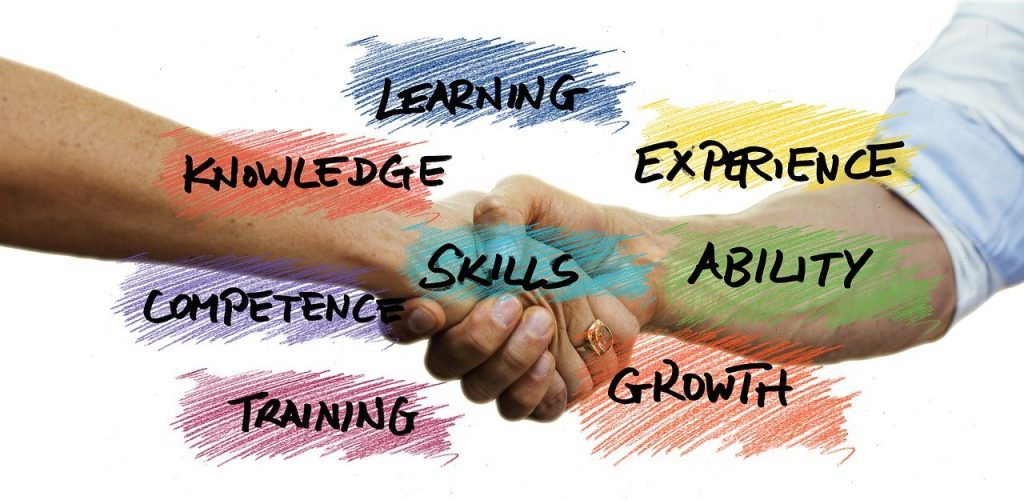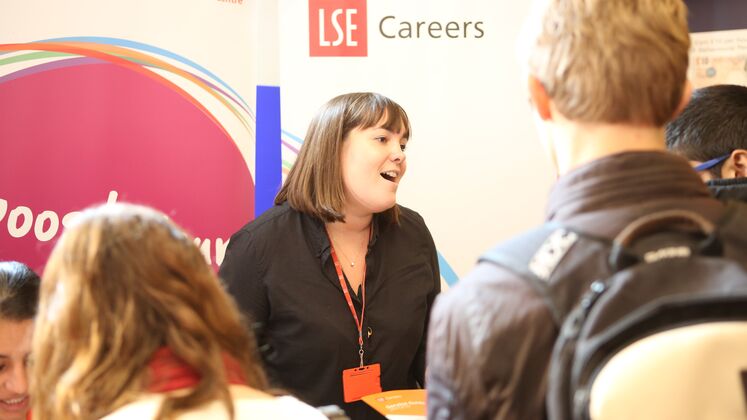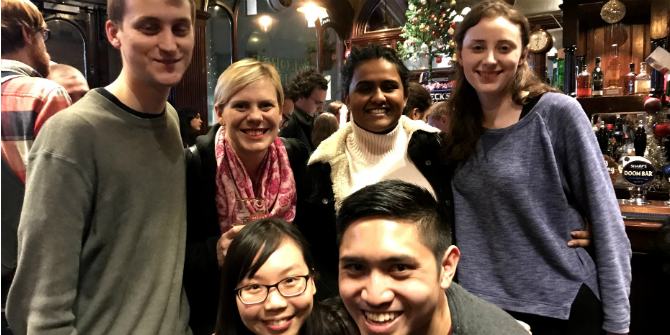For various reasons, a student may find it useful to develop their pre-existing skills and gain new skills. These can include for their future careers, to host an event, or for general purposes.
Here are six ways to develop your skillset as an LSE student.
Attend (or host) an event
Professional or informal networking events or workshops are great ways to develop your skillset.
With networking events, people come together to discuss all kinds of topics. It’s a chance for you to develop your communication and interpersonal skills. Simple things such as mastering good body language and maintaining good eye contact, as well as showing manners, will take you a very long way. Take law firms as an example – lawyers need to show their clients that they’re prioritising them and understand their legal issues by communicating effectively.
With workshops, you can develop skills such as collaboration and teamwork, which are essential to maintain. As mentioned, this can even help you to excel at group projects at LSE, for example, with the LSE100 group project.
If you decide to host an event, you can boost your presentation skills too!
Complete online courses
There are plenty of resources available online, both paid and free, available for students. For example, Forage has plenty of online courses that not only provide you with relevant work experience, but also shows employers that you are a flexible and responsible individual who is eager to learn. Employers will be more likely to employ you if you put time aside to complete some online courses in the relevant job sector because it also shows that you have genuine interest in the sector, as you’re putting in the work to develop yourself and learn new things.
Volunteering

Paid or unpaid, volunteering is a very easy way to develop your skills. It can be communication, teamwork, time-management, resilience, flexibility and more. There’s always opportunities to balance your time to give back to the community.
The LSE Volunteer Centre has plenty of opportunities available, and some allow you to start straight away, such as transcribing historical documents for a museum.
Paid work
Undertaking a job not only sets you up with a steady income, it also shows employers and other people that you can balance your studies and other areas of life with a big responsibility. Unlike volunteering, which is much more flexible, jobs require you to complete your shifts on time, maybe filling out timesheets and reporting to your manager, and doing extra tasks whether you want to or not. You can develop genuine lifelong skills by dedicating a day or two to a weekly part-time job.
One crucial aspect of almost every job is customer service. It’s very important for almost every job, because most companies that provide goods or services should ideally maintain good customer relations, which will keep customers coming. Showcasing this to employers will make you stand out massively from the crowd. You can show this in jobs like serving food as a waiter or helping out customers in a store.
Be curious
LSE has plenty of opportunities for everyone. You can be a student ambassador, a blogger, find networking events or a job opportunity via CareerHub, develop your tech skills with the Digital Skills Lab, attend guest speaker events, society events and much more. Making the most of these will enrich your life at LSE. However, you should have a genuine interest and curiosity in whatever it is you do to genuinely get something out of it. This will lead to you developing your skillset.
I personally have worked as an LSE Student Ambassador. The role includes things like doing campus tours, talking to students about student life at LSE and working with other student ambassadors to share subject-specific tips to prospective LSE students.
I have also assisted with various projects as part of the Digital Skills Lab. Some of these projects included giving feedback after using Siri, and playing a joystick game. Not only can you try something new and have zero expectations before you go to the Lab, you also get a £5 incentive for your time for every project you assist with.
Stay in the know
Putting some time aside to read an article, the news, watch a mainstream show, read a book, or listen to an audiobook or podcast is a great way to be a versatile individual. Of course, it is always best to stick to things you genuinely enjoy doing and have an interest in. But, by doing things you enjoy, such as reading sci-fi books for me, you can meet like-minded people and develop your skills by talking to them and learning more from them, but you can also exit your comfort zone and be confident in different settings.
There are plenty of ways to develop and learn new skills, but these six methods are not only effective ways to start building your skillset, they are also good places to start. You got this!






